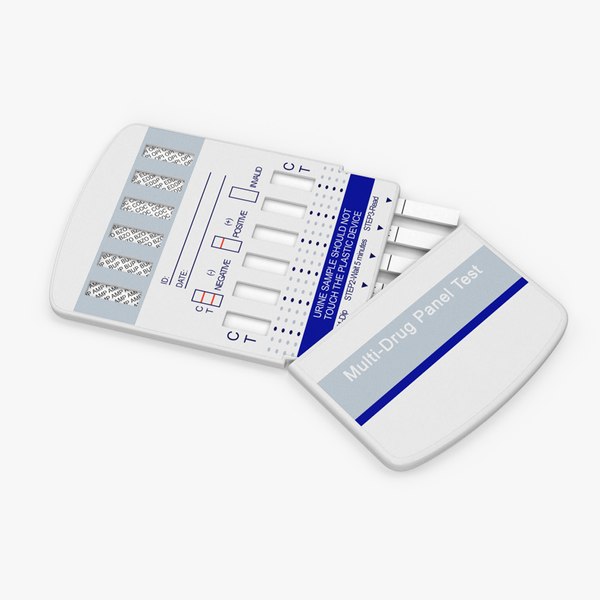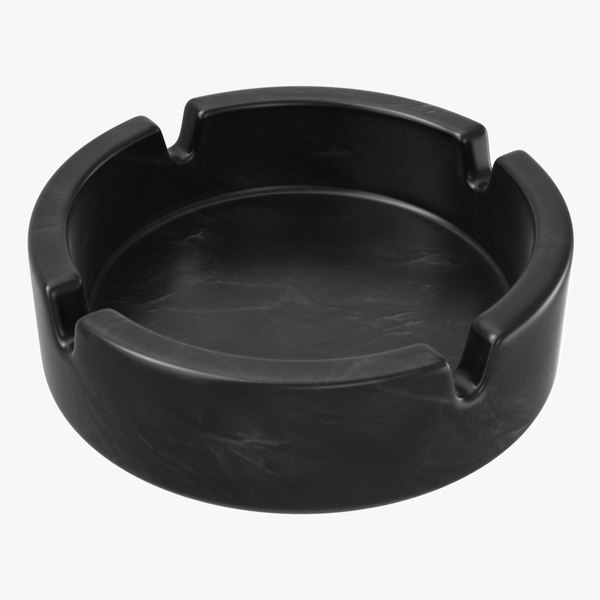Alcohol Rehab Thailand No Longer a Mystery
작성일 23-12-21 23:52
페이지 정보
작성자Leia Doolittle 조회 20회 댓글 0건본문
Introduction:
Alcohol withdrawal is a state of being which takes place when people abruptly stop or notably decrease their particular liquor intake after prolonged durations of heavy-drinking. Its a complex and possibly deadly problem that impacts millions of people global. This report is designed to provide an extensive summary of liquor withdrawal, including its symptoms, treatment plans, and administration strategies.
 Apparent symptoms of Alcohol Withdrawal:
Apparent symptoms of Alcohol Withdrawal:
The onset and severity of alcoholic beverages withdrawal symptoms differ among individuals, dependent on facets such as the amount and period of alcohol consumption and a person's all around health. Common symptoms include tremors, anxiety, irritability, nausea, vomiting, insomnia, increased heart rate, and sweating. In severe situations, people may experience hallucinations, seizures, or delirium tremens (DTs), a potentially fatal condition characterized by agitation, confusion, hallucinations, and fluctuating levels of consciousness.
 Treatments:
Treatments:
Whenever dealing with alcohol withdrawal, it is necessary to seek health assistance and support. The principal aim of treatment is to properly manage withdrawal symptoms, prevent complications, and facilitate the transition to sobriety. Doctors can assess the extent of signs and determine the correct amount of care. In moderate situations, outpatient therapy might administered, while worse cases might need hospitalization.
Medications popular in liquor withdrawal therapy consist of benzodiazepines, which help reduce anxiety, relieve symptoms, and avoid seizures. Other medications such as for instance antipsychotics, anticonvulsants, and beta-blockers can be useful to manage certain signs or co-occurring conditions. Furthermore, vitamin supplements, specifically thiamine (vitamin B1), in many cases are recommended to stop or treat potential deficiencies of exorbitant alcohol consumption.
Control Techniques:
And health interventions, various strategies can be used to handle alcoholic beverages detachment efficiently.
 1. Supportive Care: Providing a supportive environment encourages a feeling of security and comfort. This can include ensuring correct diet, moisture, and sleep, as well as keeping track of important indications and dealing with any medical complications that'll take place during detachment.
1. Supportive Care: Providing a supportive environment encourages a feeling of security and comfort. This can include ensuring correct diet, moisture, and sleep, as well as keeping track of important indications and dealing with any medical complications that'll take place during detachment.
2. Psychotherapy: looking for psychological state support, particularly guidance or psychotherapy, can play a vital role in addressing fundamental emotional or mental problems that play a role in alcoholic beverages dependency. These treatments help people develop coping strategies, manage causes, and establish healthier alternatives to alcoholic beverages.
3. Rehabilitation tools: Engaging in rehabilitation programs, such as for instance inpatient or outpatient treatment centers, can provide an organized and supportive environment for people seeking long-term recovery. These programs frequently incorporate health interventions, guidance, and peer support to deal with the physical, mental, and personal components of alcoholic beverages addiction.
4. Follow-up Care: rehab Site After doing initial detoxification and treatment, individuals should continue to seek continuous care. This could include participating in organizations, going to regular therapy sessions, and obtaining follow-up evaluations to ensure proper physical and psychological state.
Summary:
Alcohol detachment is a challenging problem that will require medical attention and extensive help. Comprehending the symptoms, treatment options, and administration strategies can significantly aid in helping individuals properly navigate the withdrawal process and achieve long-lasting recovery. By giving proper care and sources, we can improve effects for all trying to get over alcoholic beverages addiction.
Alcohol withdrawal is a state of being which takes place when people abruptly stop or notably decrease their particular liquor intake after prolonged durations of heavy-drinking. Its a complex and possibly deadly problem that impacts millions of people global. This report is designed to provide an extensive summary of liquor withdrawal, including its symptoms, treatment plans, and administration strategies.
 Apparent symptoms of Alcohol Withdrawal:
Apparent symptoms of Alcohol Withdrawal:The onset and severity of alcoholic beverages withdrawal symptoms differ among individuals, dependent on facets such as the amount and period of alcohol consumption and a person's all around health. Common symptoms include tremors, anxiety, irritability, nausea, vomiting, insomnia, increased heart rate, and sweating. In severe situations, people may experience hallucinations, seizures, or delirium tremens (DTs), a potentially fatal condition characterized by agitation, confusion, hallucinations, and fluctuating levels of consciousness.
 Treatments:
Treatments:Whenever dealing with alcohol withdrawal, it is necessary to seek health assistance and support. The principal aim of treatment is to properly manage withdrawal symptoms, prevent complications, and facilitate the transition to sobriety. Doctors can assess the extent of signs and determine the correct amount of care. In moderate situations, outpatient therapy might administered, while worse cases might need hospitalization.
Medications popular in liquor withdrawal therapy consist of benzodiazepines, which help reduce anxiety, relieve symptoms, and avoid seizures. Other medications such as for instance antipsychotics, anticonvulsants, and beta-blockers can be useful to manage certain signs or co-occurring conditions. Furthermore, vitamin supplements, specifically thiamine (vitamin B1), in many cases are recommended to stop or treat potential deficiencies of exorbitant alcohol consumption.
Control Techniques:
And health interventions, various strategies can be used to handle alcoholic beverages detachment efficiently.
 1. Supportive Care: Providing a supportive environment encourages a feeling of security and comfort. This can include ensuring correct diet, moisture, and sleep, as well as keeping track of important indications and dealing with any medical complications that'll take place during detachment.
1. Supportive Care: Providing a supportive environment encourages a feeling of security and comfort. This can include ensuring correct diet, moisture, and sleep, as well as keeping track of important indications and dealing with any medical complications that'll take place during detachment.2. Psychotherapy: looking for psychological state support, particularly guidance or psychotherapy, can play a vital role in addressing fundamental emotional or mental problems that play a role in alcoholic beverages dependency. These treatments help people develop coping strategies, manage causes, and establish healthier alternatives to alcoholic beverages.
3. Rehabilitation tools: Engaging in rehabilitation programs, such as for instance inpatient or outpatient treatment centers, can provide an organized and supportive environment for people seeking long-term recovery. These programs frequently incorporate health interventions, guidance, and peer support to deal with the physical, mental, and personal components of alcoholic beverages addiction.
4. Follow-up Care: rehab Site After doing initial detoxification and treatment, individuals should continue to seek continuous care. This could include participating in organizations, going to regular therapy sessions, and obtaining follow-up evaluations to ensure proper physical and psychological state.
Summary:
Alcohol detachment is a challenging problem that will require medical attention and extensive help. Comprehending the symptoms, treatment options, and administration strategies can significantly aid in helping individuals properly navigate the withdrawal process and achieve long-lasting recovery. By giving proper care and sources, we can improve effects for all trying to get over alcoholic beverages addiction.
댓글목록
등록된 댓글이 없습니다.

